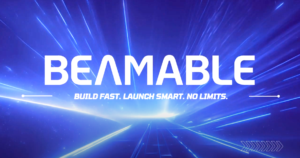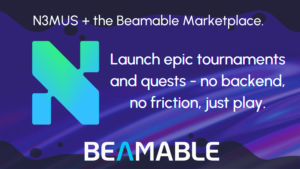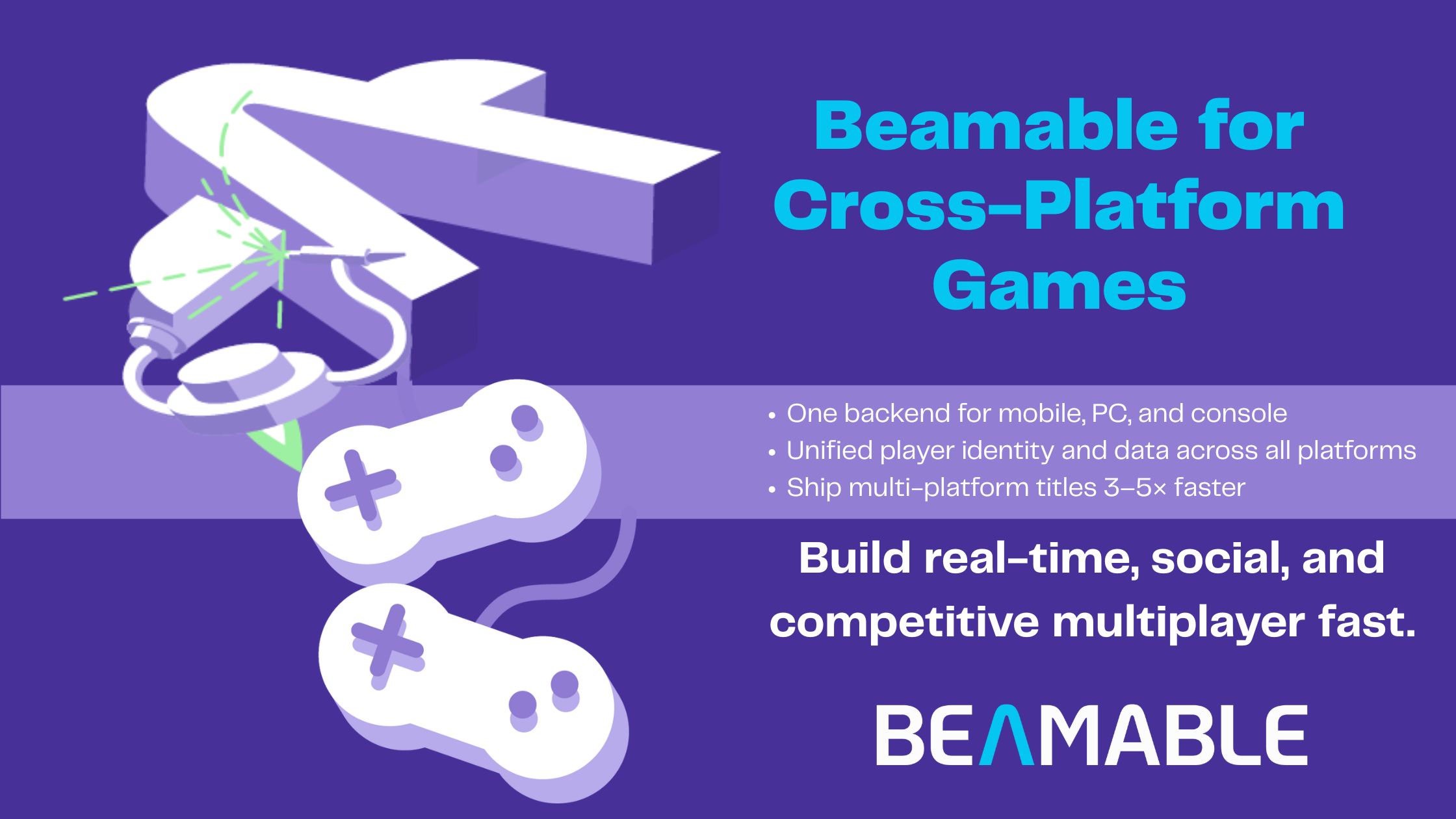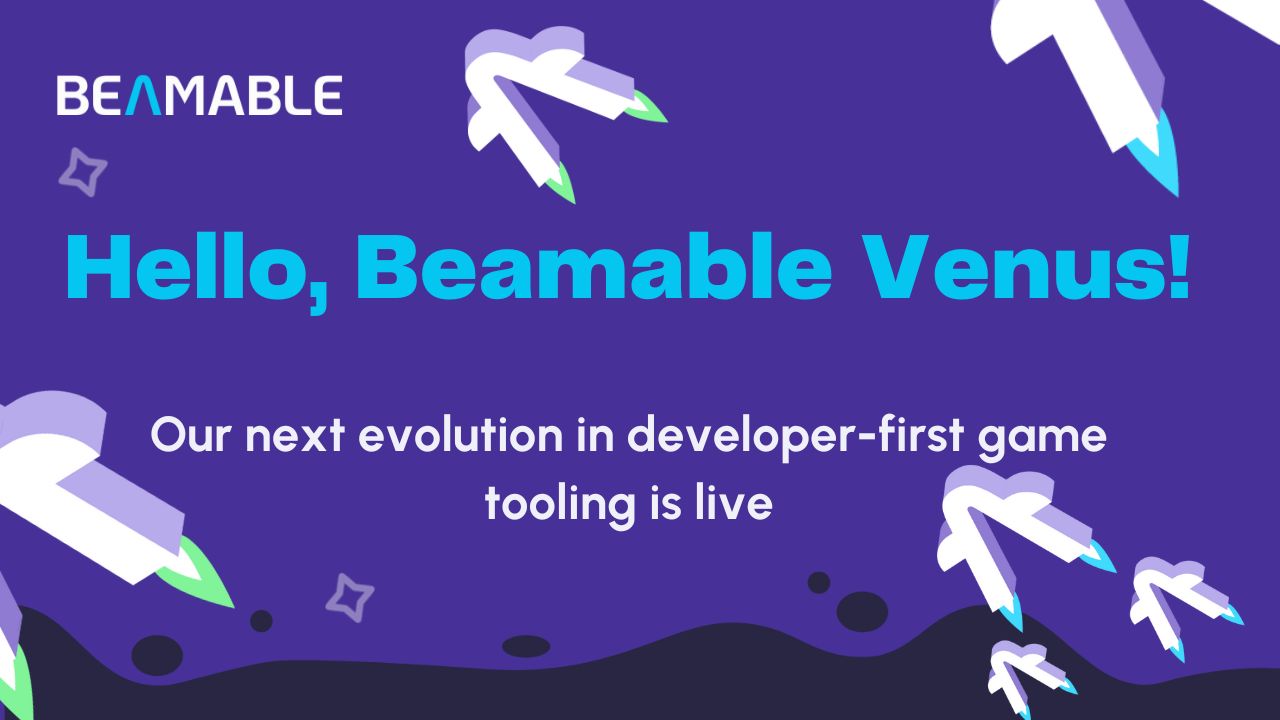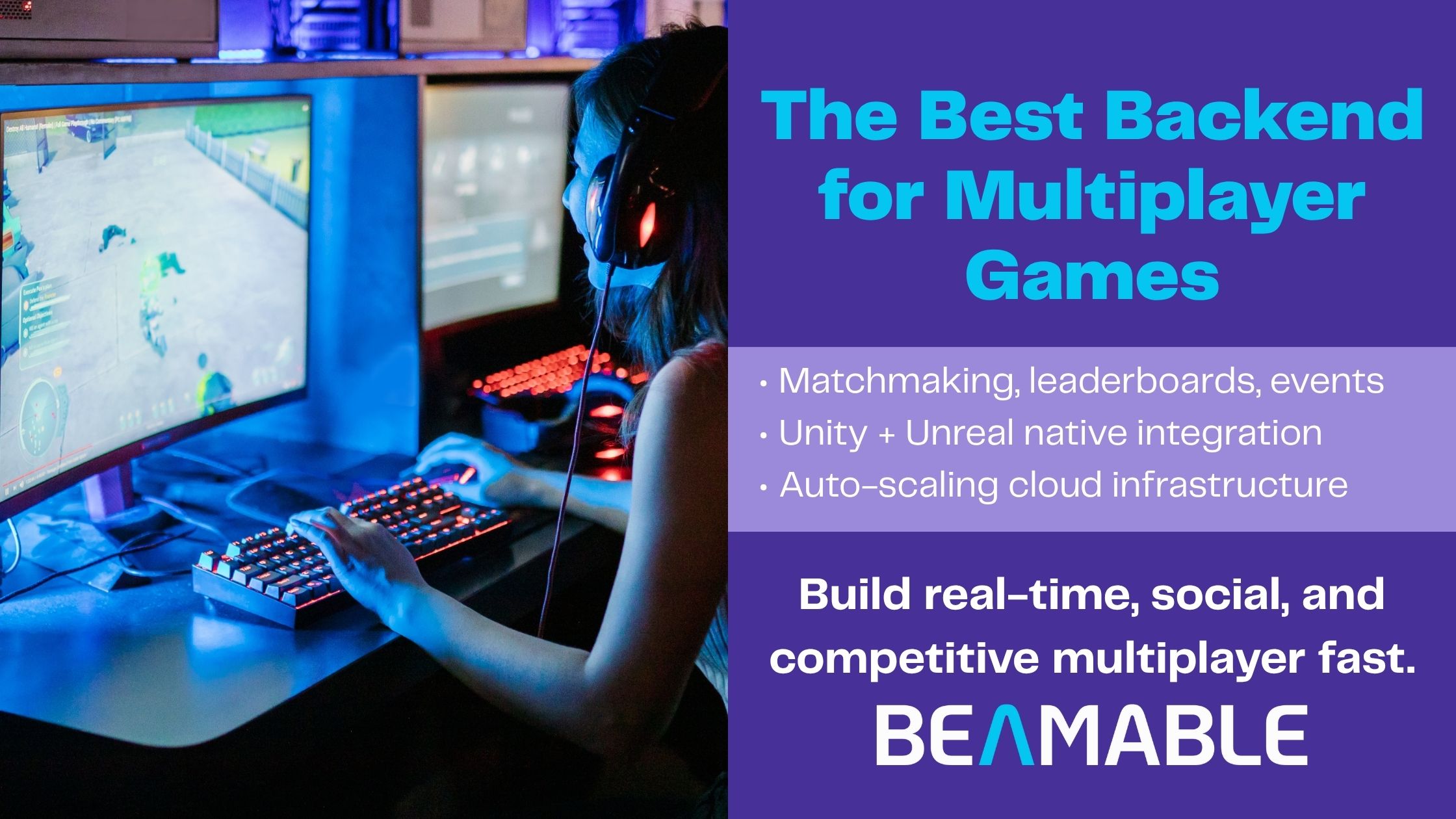Beyond Battle Passes: The Future of Monetization in Live Games
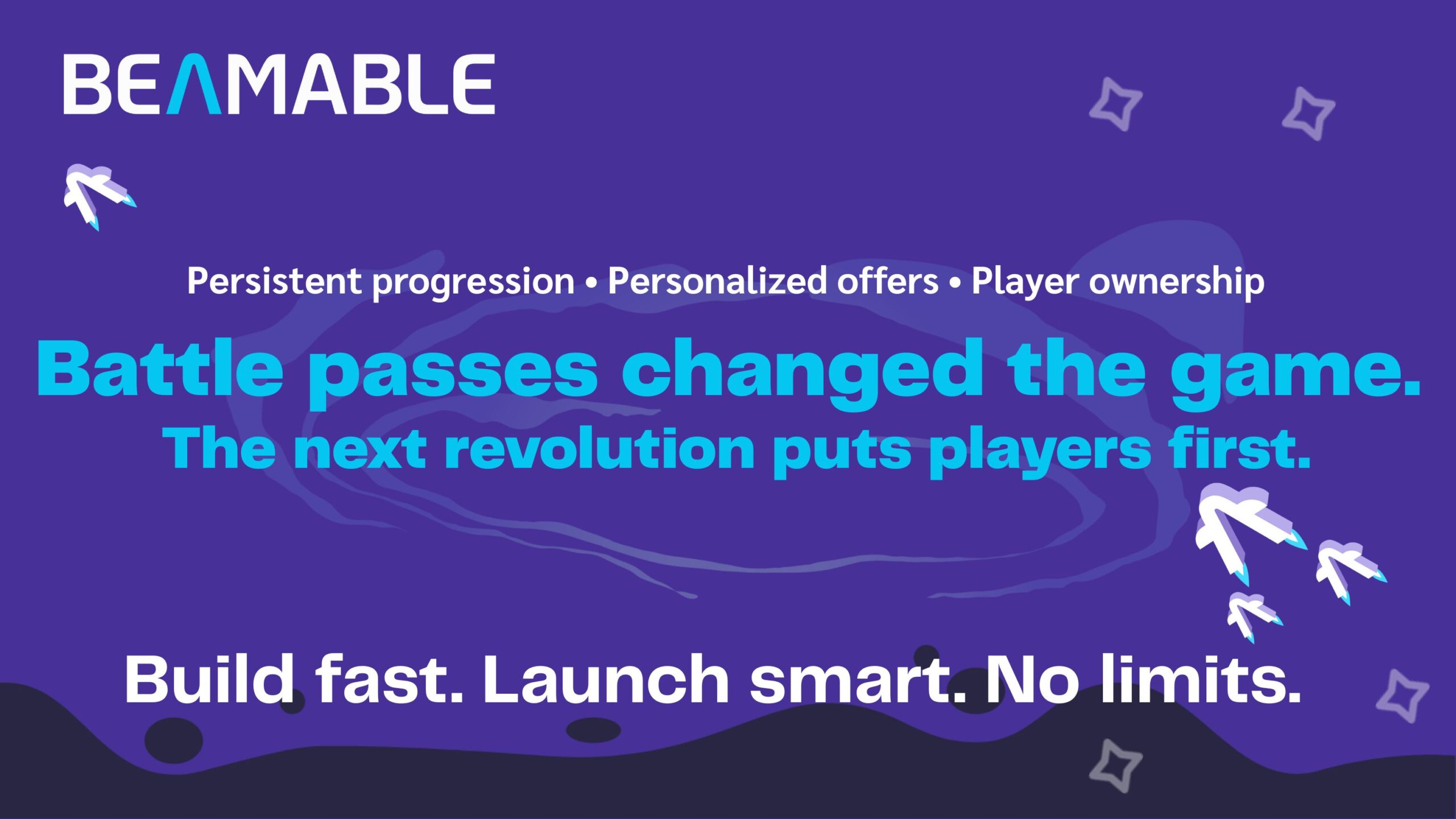
Beyond Battle Passes: The Future of Monetization in Live Games
For years, the battle pass has defined live-service monetization. It offered structure, predictability, and fairness compared to loot boxes and random drops. But as player expectations evolve — and the economics of live games get tougher — the industry is moving beyond that familiar model.
Battle passes aren’t going away. They’re just no longer the finish line.
The next wave of monetization will be deeper, more personalized, and more connected — giving players reasons to invest that go far beyond cosmetics or seasonal unlocks.
1. From Seasonal Content to Persistent Progress
Players today expect live games to feel alive year-round. That means systems that reward consistent engagement, not just seasonal spending.
Developers are shifting toward persistent progression systems — layered economies that carry over across events, updates, and even sequels. Instead of buying short-term access, players invest in progress that grows with them over time.
Beamable’s economy and content management tools make it possible to design these persistent systems without rebuilding infrastructure each season. Dynamic item drops, evolving reward tiers, and cross-season tracking can all run through unified backend logic.
2. Personalization as the New Premium
Battle passes treat every player the same. The next frontier is personalized monetization — offers, bundles, and events tailored to individual play styles and engagement patterns.
AI-driven recommendation engines are already changing the way players encounter in-game stores. By combining analytics, player segmentation, and behavioral triggers, studios can make monetization feel like service design, not a sales funnel.
Beamable’s microservice framework supports personalized live-ops campaigns so studios can test, learn, and deploy adaptive offers without rewriting core code.
3. Player Ownership and the Rise of Interoperable Economies
The most forward-looking studios are exploring player-owned economies, where digital goods have persistence and value beyond a single title.
This doesn’t always mean blockchain, but decentralized infrastructure like Beamable.Network is paving the way for interoperable assets — letting players bring achievements, cosmetics, or currencies into connected experiences.
When players feel like stakeholders rather than customers, retention and revenue both grow. Ownership drives loyalty, and loyalty fuels long-term LTV.
4. The End of “Whale” Economics
Live games once relied on a small group of high-spenders to carry the monetization curve. But the best modern games are finding success by broadening the base — making everyone feel like a valued participant.
Free-to-play no longer has to mean free for most, expensive for few. Hybrid models, optional subscriptions, and value-driven bundles are giving studios more sustainable economics while preserving community balance.
5. Building a Monetization Strategy That Lasts
Monetization isn’t just a system — it’s an ongoing conversation with your players. Studios that thrive in 2026 and beyond will be those that can:
- Experiment quickly without disrupting gameplay
- Adapt monetization to evolving player behavior
- Blend engagement, retention, and economy design in real time
That’s the kind of agility Beamable was built for.
From traditional live games to Web3 and DePIN-powered ecosystems, Beamable helps studios evolve beyond battle passes — to a model where every interaction can create value for both player and studio.
Build Fast. Launch Smart. No Limits.
👉 Discover how Beamable helps studios build smarter, player-first monetization systems.
👉 Schedule a Demo of Beamable’s Live Game Backend
👉Sign up for our newsletter to learn more ways to stay ahead in game development
FAQ
Q1: Are battle passes going away in live games?
No. Battle passes remain an important part of many live-service models, but studios are expanding beyond them with personalized offers, ownership, and persistent progression.
Q2: What does “player ownership” mean for monetization?
It refers to giving players durable, transferable value from their purchases — often through interoperable assets or digital identity systems.
Q3: How can smaller studios test new monetization models?
Backend platforms like Beamable let studios experiment with live-ops, economy design, and microtransactions safely — without rebuilding infrastructure.
Q4: What role does Web3 play in future monetization?
Web3 enables transparent, decentralized ownership models, but even traditional studios can benefit from interoperable economies that feel player-driven.
